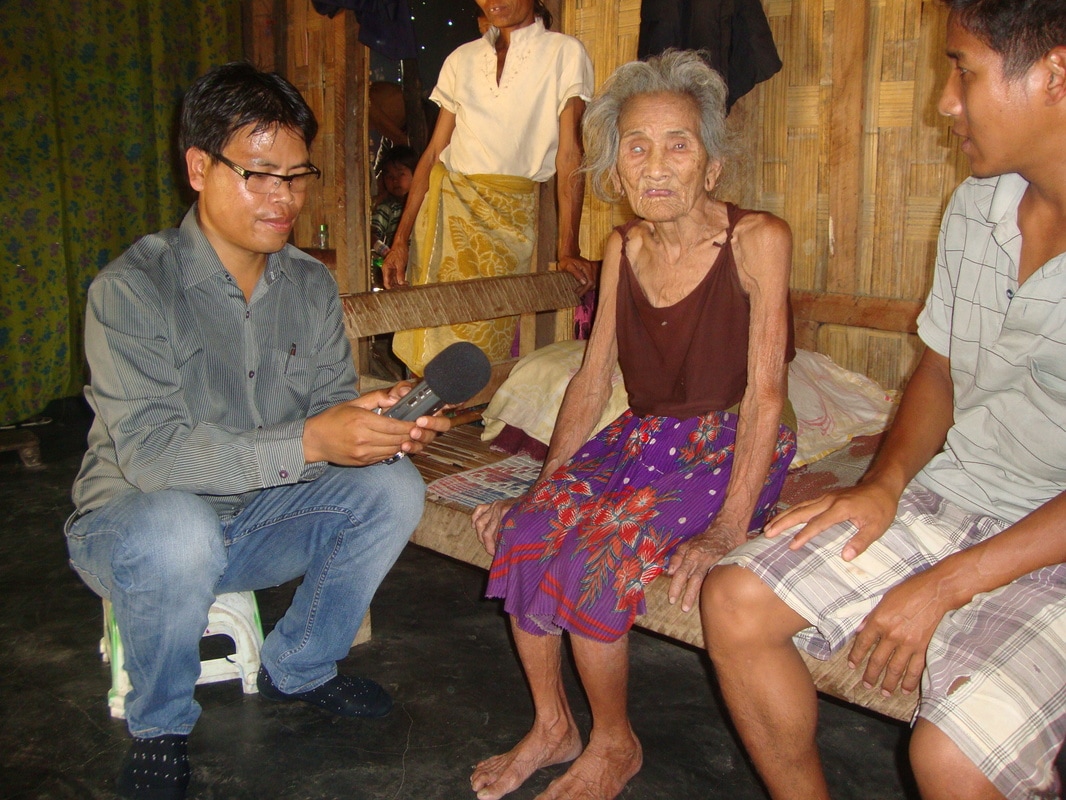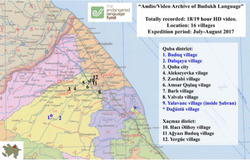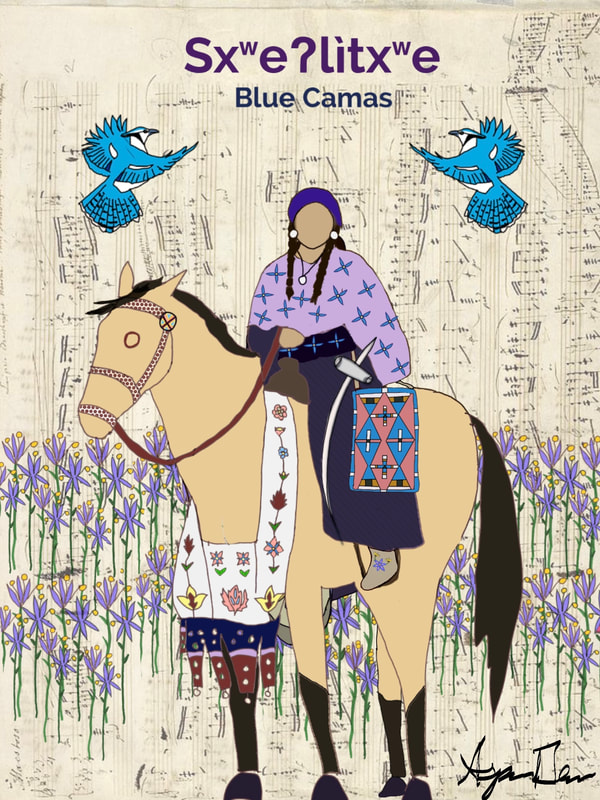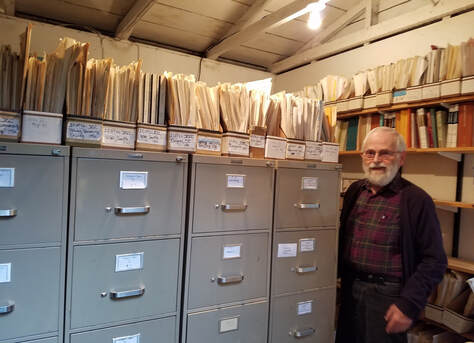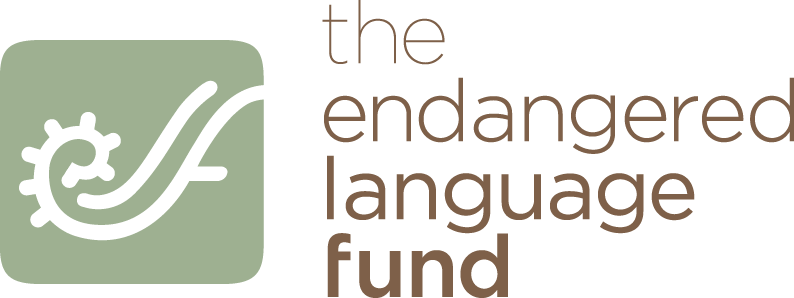ELF now spotlights a selection of Language Legacies and Native Voices Endowment projects in its newsletters. We will also share these spotlights here. We hope you enjoy learning about the work done with our grants.
Syriem language, India |
Audio/Video Archive of the Budukh Language, Azerbaijan |
Native Voices Endowment: Sèliš Ksanka (Salish), 2019
Aspen Decker’s “Revive Our Roots Language Curriculum” demonstrates amazing and innovative work being done with a language community with few fluent speakers. Salish is highly endangered, with 17 first-language speakers. In the past year, Decker has led multiple workshop and classes where the Salish language and culture are shared through traditional games and art. Decker incorporated seasonal cultural practices - such as gathering native foods - into interactive games that have embedded cultural knowledge. For instance, Decker taught vocabulary along with a game where young men practiced shooting an arrow into a spinning willow hoop, preparing them to hunt. Decker also hosted two workshops with the Confederated Salish and Kootenai Tribal Education Department that focused on combining storytelling, ledger art, and Stq́ĺséčt (PlainsIndianSignLanguage).
Creating the KokBorok language resource at CoRSAL
2019 Language Legacies award
|
The CoRSAL team at the University of North Texas is working with Dr. James Matisoff to bring his Field methods class papers to the CoRSAL archive. ELF funded the curation and processing of the Field methods papers on the KokBorok (trp) collection. The team is partnering with Professor Samir Debbarma, who wrote a description of his native language KokBorok, for his PhD at the University of Assam. The team, Shobhana Chelliah, Mary Burke, Samir Debbarma, and Prafulla Basumatary, have stumbled upon an archiving and access question specific to linguistic materials.
|
The team is working on how to provide access to users of the CoRSAL KokBorok collection to major linguistic categories, how to relay the excitement of discovery and the Field methods process, how to aid communities working on language pedagogy to find relevant information in class notes, and how to gain permissions from students in the class on presenting their materials for online access. The team says, “Working on this legacy collection is teaching us about KokBorok grammar. In the process we are also developing methodologies for curating and presenting field notes and creating suggestions how students in Field methods classes can think about their notes as possible contributions as records for the future."
|
Help make stories like this possible.
